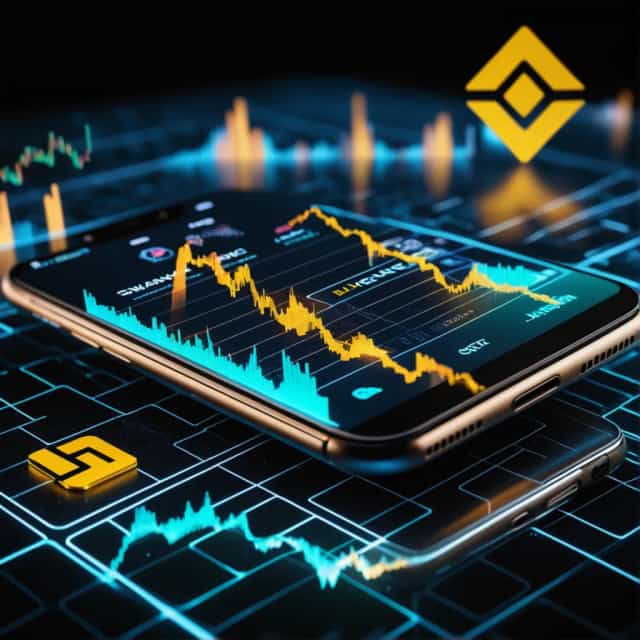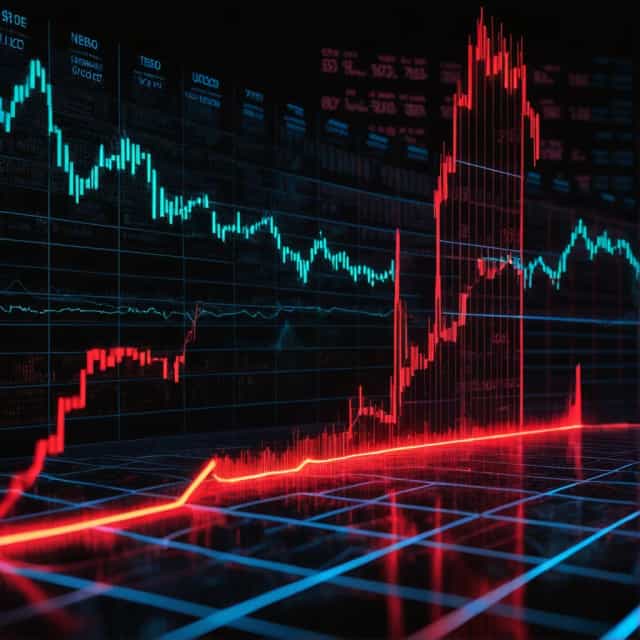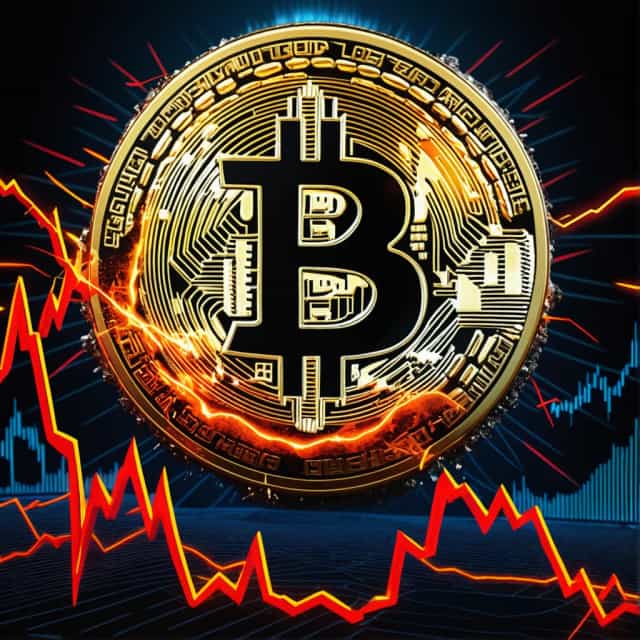
Image source: Block Media
KOSPI Surges to Record High, Breaking 3,640 Points Amid Semiconductor Strength and Stabilizing U.S.-China Relations
The KOSPI index soared to unprecedented heights during intraday trading, surpassing the historic 3,640 mark as investor confidence surged, primarily driven by optimism surrounding semiconductor profits and a perceived easing in U.S.-China geopolitical tensions. Retail investors played a pivotal role in propelling this momentum.
As of 9:50 a.m. local time on October 14, the Korea Exchange reported the KOSPI trading at 3,640.11, a robust increase of 55.56 points (1.54%) from the previous session. The index opened the day at 3,604.12, gaining 19.57 points (0.55%) from the prior close of 3,584.55, and maintained its rally despite minor intraday setbacks.
Remarks by former U.S. President Donald Trump about reinstating tariffs on China briefly disrupted the KOSPI’s trajectory. However, strong retail interest in the market swiftly countered these concerns, sustaining the index above the critical 3,600-point threshold.
Semiconductor Sector Drives Rally as Samsung Electronics Leads the Charge
The KOSPI’s rally found substantial support from the bullish overnight performance of the Philadelphia Semiconductor Index, which boosted investor sentiment surrounding chipmakers. Key among them, Samsung Electronics, a flagship stock in South Korea’s market, achieved a record high ahead of its earnings report.
“Despite a temporary dip below the 3,600 mark last session, the KOSPI has gained more than 4% this month, reaching unprecedented levels,” noted Han Ji-young, a researcher at Kiwoom Securities. Han cited a combination of improved U.S.-China relations, strength in global semiconductor stocks, and anticipation around Samsung Electronics’ earnings as key factors driving the rise.
Retail investors were net buyers, purchasing KRW 593.3 billion ($503 million) in shares, contributing significantly to the bullish atmosphere. In contrast, foreign investors offloaded KRW 39.5 billion ($33.5 million) and institutional investors shed KRW 553.1 billion ($470 million) in net sales, suggesting a divergence in market strategies.
Sector-wise, most segments recorded gains. Insurance (+3.18%), utilities (+2.99%), and manufacturing (+2.19%) were the strongest performers. Conversely, communication services (-1.22%), real estate (-0.17%), and IT (-0.25%) saw slight declines. Among the heavyweight stocks, HD Hyundai Heavy Industries (-0.19%) was the only laggard. In contrast, Samsung Electronics climbed 2.84% to a record KRW 95,950, supported by robust semiconductor sales. SK Hynix (+4.94%) and LG Energy Solution (+2.71%) also posted significant gains.
Rare Earths and Nuclear Energy Gain Traction After J.P. Morgan’s Announcement
Thematic investing in rare earth elements, lithium, and nuclear energy drew increased attention following a major investment move by J.P. Morgan, further energizing the equities market.
“Foreign investors have had a significant role in fueling the KOSPI’s recent strength due to their targeted purchases in semiconductor stocks,” commented an analyst. They added, “Samsung Electronics’ upcoming earnings report could be a definitive moment for this rally, testing its sustainability and foreign investors’ continued participation.”
KOSDAQ Follows Suit as Individual Investors Propel Momentum
The KOSDAQ index also experienced notable gains, reaching 870.52 by mid-morning, a rise of 10.03 points (1.17%) from the previous session. Following an opening at 865.37, up 4.88 points (0.57%), the index maintained its upward trajectory into intraday trading.
Individual investors were instrumental in powering the KOSDAQ’s growth, net purchasing KRW 108.2 billion ($92 million) in shares. In contrast, foreign investors and institutions recorded net sales of KRW 86.2 billion ($73.5 million) and KRW 5.2 billion ($4.4 million), respectively.
Performance across KOSDAQ sectors was mixed. Declines were observed in food and beverage (-0.77%), textiles and apparel (-0.05%), and publishing (-0.70%). However, financials (+2.00%), manufacturing (+1.02%), and construction (+0.33%) saw positive momentum. Among the top-cap stocks, notable decliners included Pharmaresearch (-2.33%) and HLB (-1.91%), while leaders included Alteogen (+4.17%), EcoproBM (+3.99%), and Rainbow Robotics (+2.62%).
Korean Won Weakens Slightly as Dollar Demand Continues
In the foreign exchange market, the Korean won (KRW) saw a slight depreciation against the U.S. dollar, with the KRW/USD exchange rate opening the day at 1,426.5, up from the prior session’s close of 1,425.8 during intraday trading. This weakening reflects persistent global demand for the U.S. dollar amid ongoing economic uncertainties.
The Korean stock market continues to reflect a mix of resilient domestic demand, global semiconductor strength, and cautious optimism. With record-breaking gains and sector-specific surges, KOSPI and KOSDAQ remain pivotal indicators of South Korea’s economic outlook, while foreign capital flows and earnings reports from major players like Samsung Electronics will likely set the tone for further developments.










